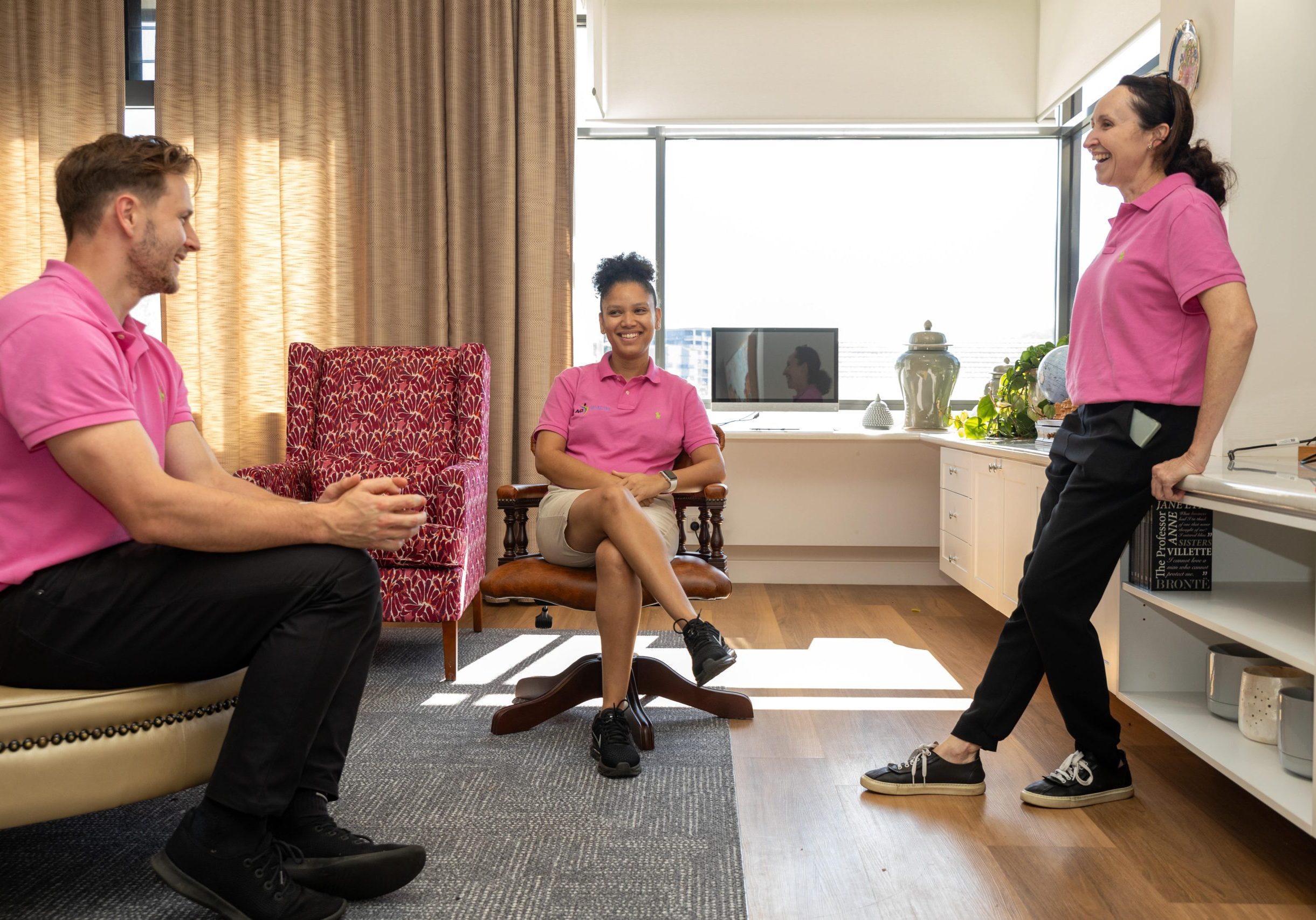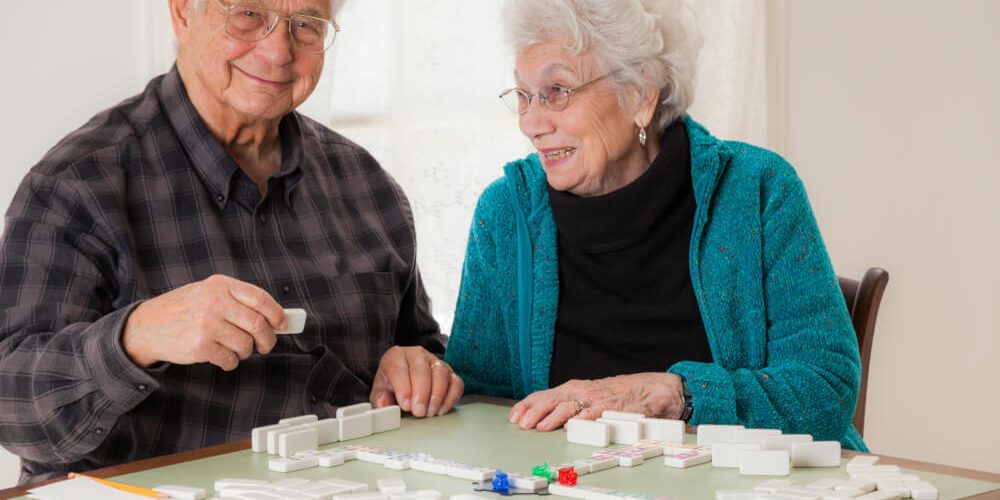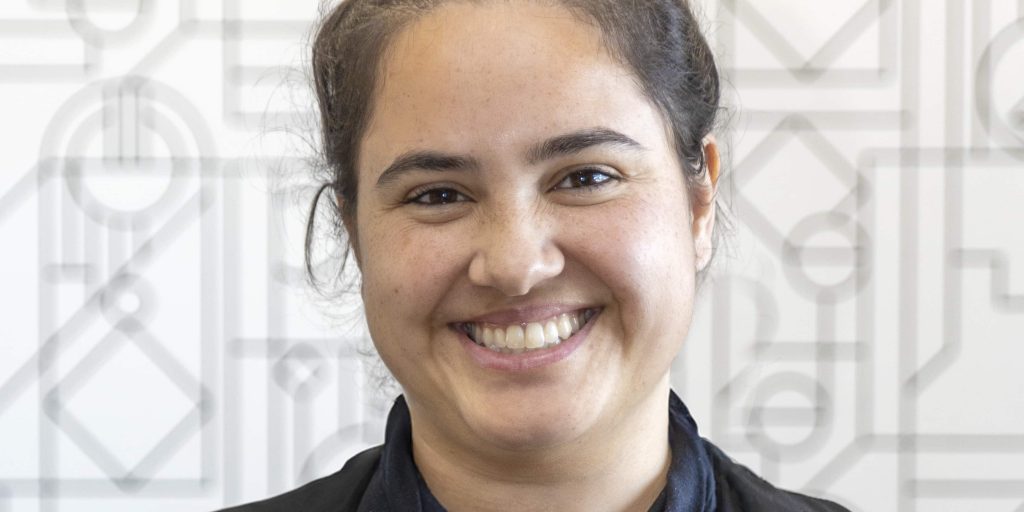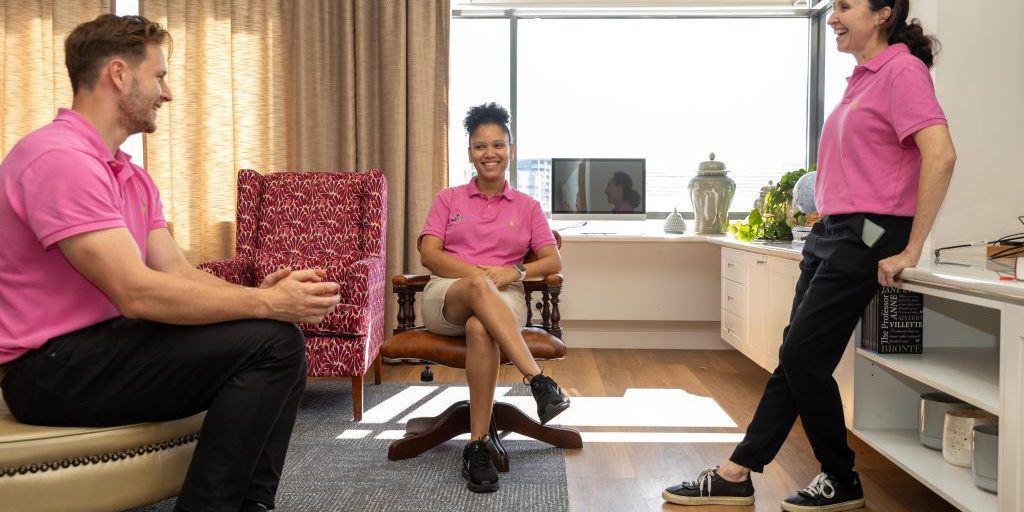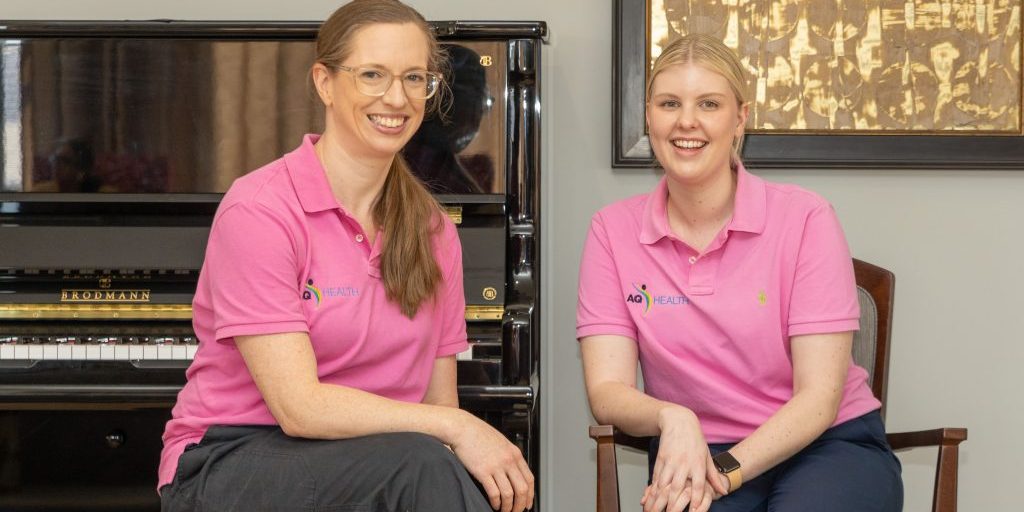Parkinson’s Disease is a progressive disorder of the nervous system, with symptoms including trembling, stiffness, slowed movement and balance, and co-ordination issues.
There is no cure, but a new exercise program being offered at AQ Health aims to relieve symptoms and improve quality of life for patients.
AQ Health’s PowerPD program tailors exercise to specific skills and movements that are affected by Parkinson’s. Exercise physiologist Jack explains.
“Every person who has Parkinson’s has symptoms that present very differently,” he said.
“This program can be done in classes, or one-on-one, and we work on things like co-ordination and gait training. It’s different to normal exercises programs, for example one exercise might be tossing a scarf up in the air and trying to catch it again.
“It’s a condition that is going to get progressively worse, and that’s hard for people to deal with, but with this program, we can give our clients something positive.
Classes are held once a week, in a 12-week block, with groups kept small. For those not comfortable attending a class or with more advanced presentation the AQ Health team adapt the program to a one-on-one format. Where needed the exercise physiologists and physiotherapists may also collaborate with AQ Health’s occupational therapists to assist with equipment or home modifications, as well as fine motor therapy.
AQ Health physiotherapist Blair said a big part of the PowerPD program is education.
“It’s important for people to understand why this is happening, and why it’s beneficial to try and ‘move bigger’, as people with Parkinson’s tend to get smaller in their daily movements,” she said.
“It can be a struggle for people to do two things at once, for example walking while carrying a cup of tea, so we work on being able to combine those two things.
“We make sure all the exercises are modified for safety, so they can practice at home as well.”
Physiotherapist Alicia added the program aimed to work on the specific concerns of each client.
“We always do a thorough assessment and learn what their goals are – is it getting harder for them to get up out of a chair, or do they need help with balance,” she said.

“The exercises are based on the theory of neuroplasticity, which means that the brain can re-wire itself to get things done a different way.”
Research has shown regular exercise can strengthen connections between neurons, helping a person move, think, and feel better. This process is known as neuroplasticity, describing the brain’s natural ability to rewire itself in response to learning and experience.
“We want to let people know that your brain isn’t set in stone, it responds to stimulus, and you can still accomplish things,” Jack said.
To find out more about AQ Health’s PowerPD email aqhealth@alzqld.org.au or call 1800 692 743.


